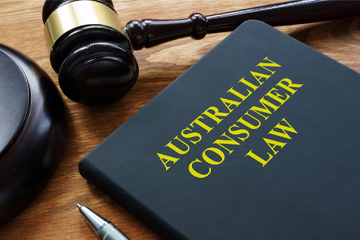Samsung Electronics was recently [Jensen v Samsung Electronics Australia Pty Ltd [2025] QCAT 357] ordered to pay the cost of a smart watch which the Member considered was “effectively of no value” because the battery life had been accepted by the Member to range between 6.5 hours and 10.5 hours. At paragraph 33, the Member said “A reasonable consumer would not have purchased a watch advertised as having an up to 40 hour battery life if they knew that the watch had a battery life of 6.5 hours to 10.5 hours.”
One interesting part of this decision however was the discussion of the remedies which were available as against the manufacturer, as opposed to as against the retailer of the watch. In this particular case, the Member considered that the watch was not of acceptable quality under section 54 of the Australian Consumer Law. This then triggered an entitlement to damages from the manufacturer under section 271 of the Australian Consumer Law which under section 272 are damages for the reduction in the value of the goods resulting from the failure to comply with the guarantee. In this particular case, and having found that the watch was effectively worthless due to its short battery life, the Member considered that the damages equated to the entire purchase price.
Had the claim been made against the retailer instead of the manufacturer, and had the short battery life been considered to be a “major failure”, then the owner could reject the goods and be entitled to recovery the price paid.
Had the Member considered that a smart watch with a short battery life did retain some value (eg $300 instead of the $650 average price), then claim against the manufacturer would have realised $350 in damages, whereas a claim against the retailer for a major failure would result in a complete refund of $650.
The decisions of QCAT in relation to consumer matters are available through the Supreme Court library – www.sclqld.org.au. Consumers wanting to know how QCAT approaches these complaints can search similar decisions on that website for guidance as to what sort of proof might be necessary and what remedies they might achieve.
For advice in respect of consumer law matters, please contact Peter Muller at peterm@qbmlaw.com.au


